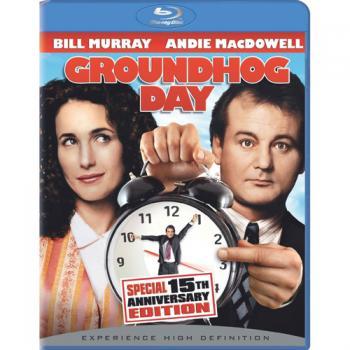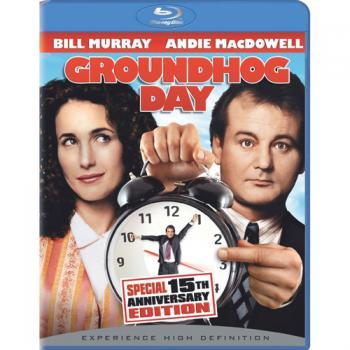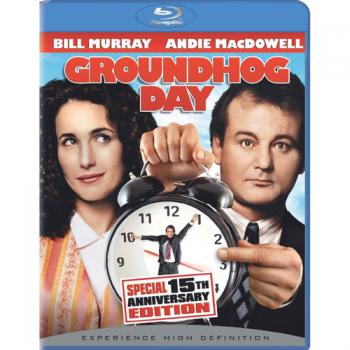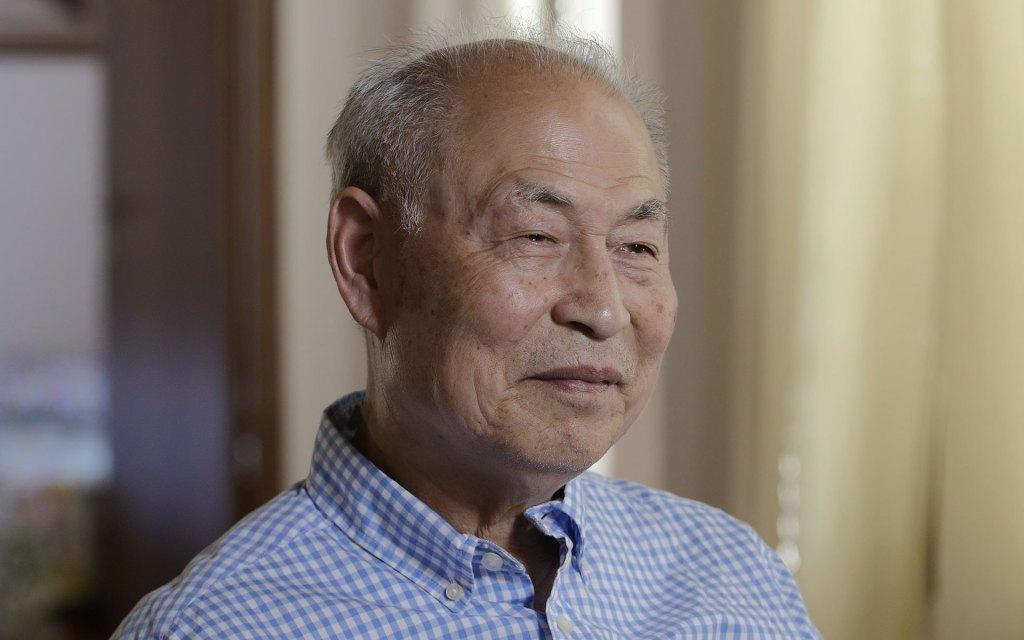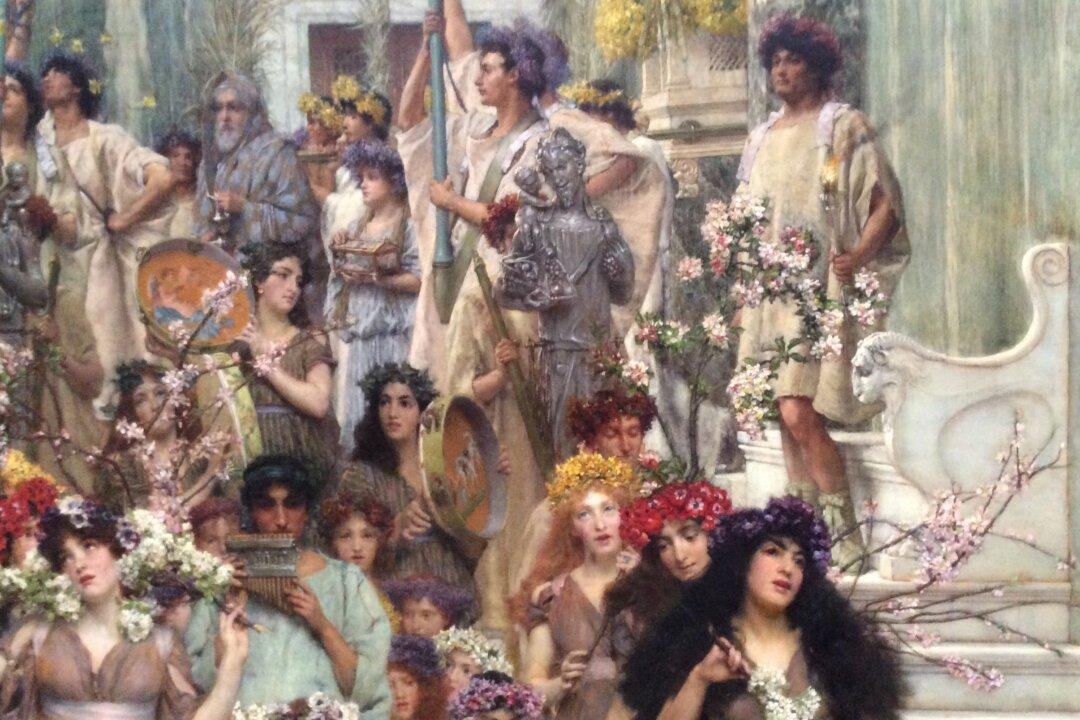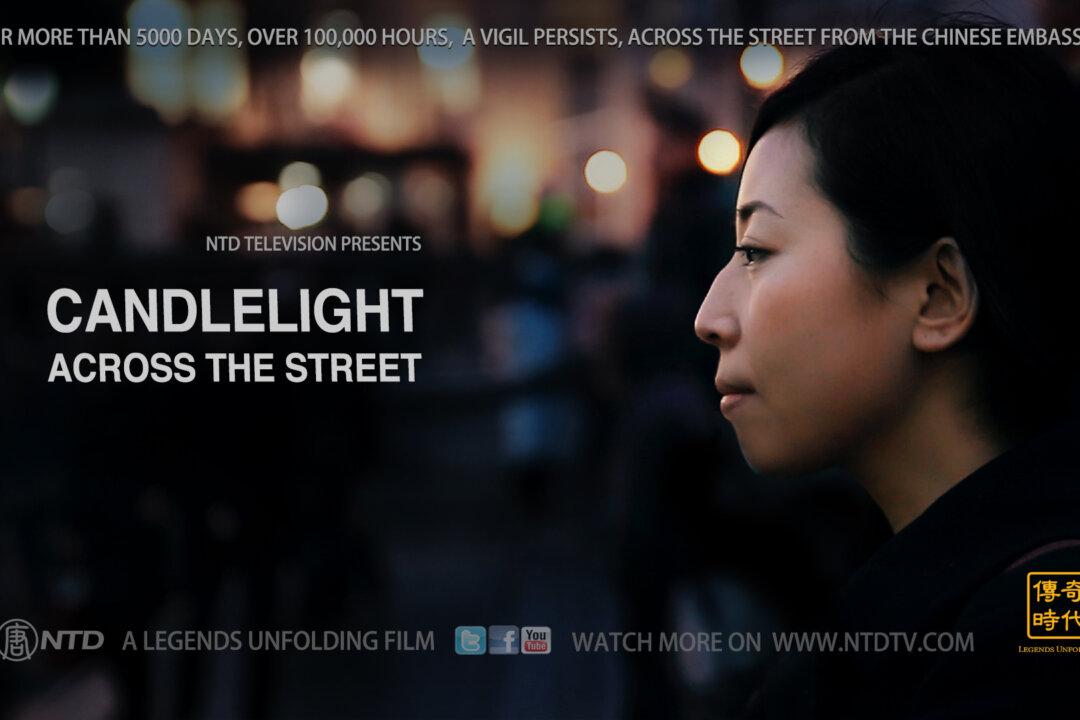The film Groundhog Day has transcended its no-frills comedy genre to enigmatic theological proportions since its release in 1993.
Addressing man’s great questions of existence, the meaning of life, and the reasons for our suffering, this pitch-perfect comedy has been claimed by many of the world’s religions as being reflective of their own theodicy. Perhaps it is because its universal themes and essence of human experience demonstrate great teachings from every righteous path that resounds with crystalline truth.
The story of a brash weatherman named Phil, played by the brilliant Bill Murray, who, despite a disdain for Groundhog Day held in Punxsutawney, Pa., must cover the spectacle for the third time in his career. Phil wants to get in and out of Punxsutawney as quickly as possible, but a snowstorm forces him to stay an extra night after the Groundhog Day festivities. But regardless of what he does, at 6 a.m., Groundhog Day repeats.
Once Phil realizes that he is caught in the same day, how he comes to terms with his fate and what he does with his one day commences with clever lines like: “Well, what if there is no tomorrow? There wasn’t one today.”
“You want a prediction about the weather, you’re asking the wrong Phil. I'll give you a winter prediction: It’s gonna be cold, it’s gonna be gray, and it’s gonna last you for the rest of your life.”
When the alarm goes off every morning to Sony and Cher’s “I Got You Babe,” he can’t seem to WAKE UP into another day. This film, in many ways, illustrates what it looks like on the path toward spiritual self-realization.
As on any true path, Phil becomes frustrated by his plight, even attempting to kill himself, desperate to end his never-ending reality—only to hear Sony and Cher as the alarm clock sounds at 6 a.m. once again.
